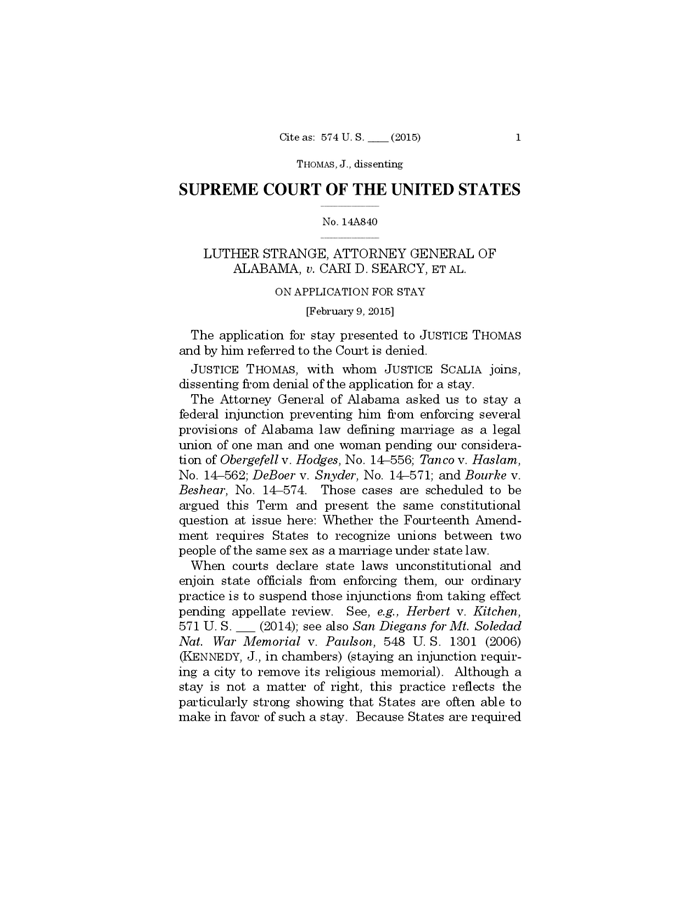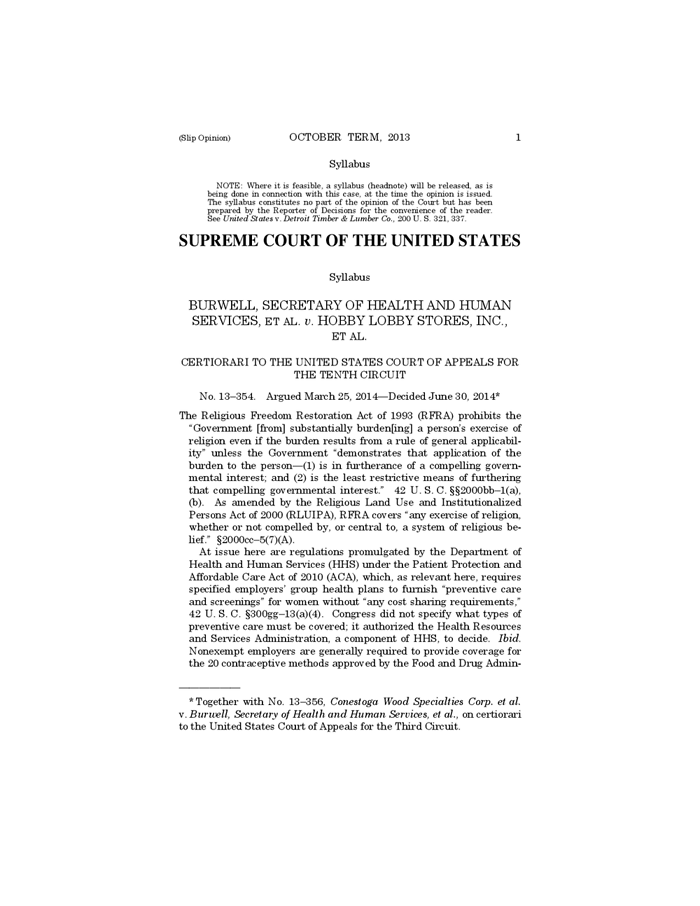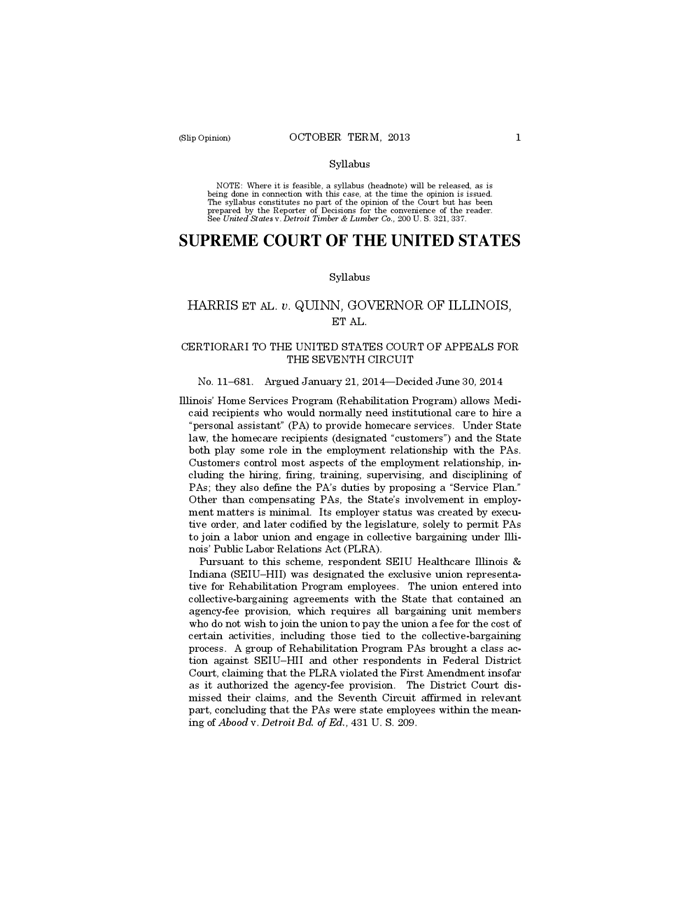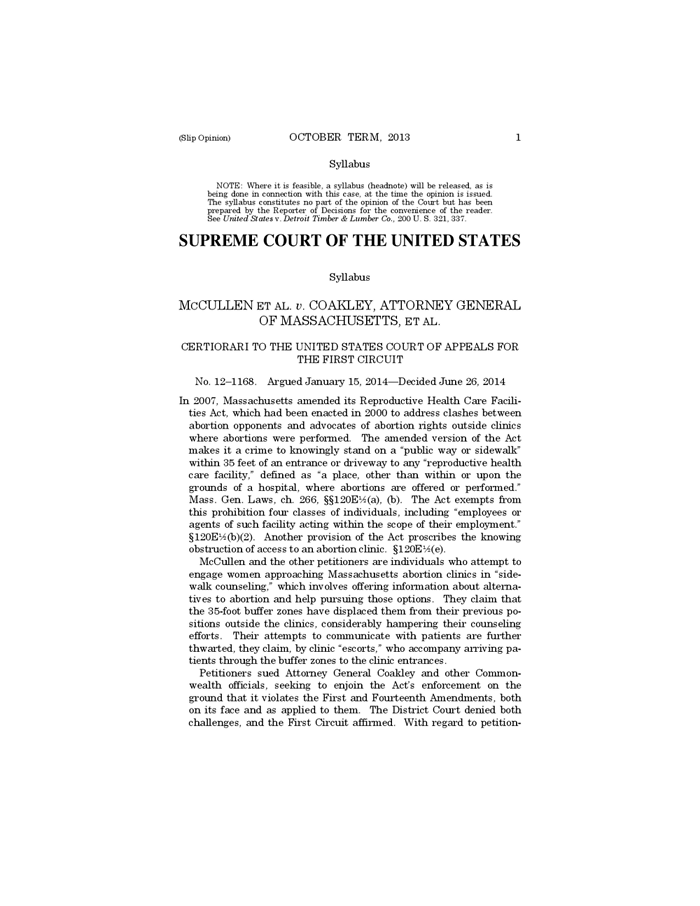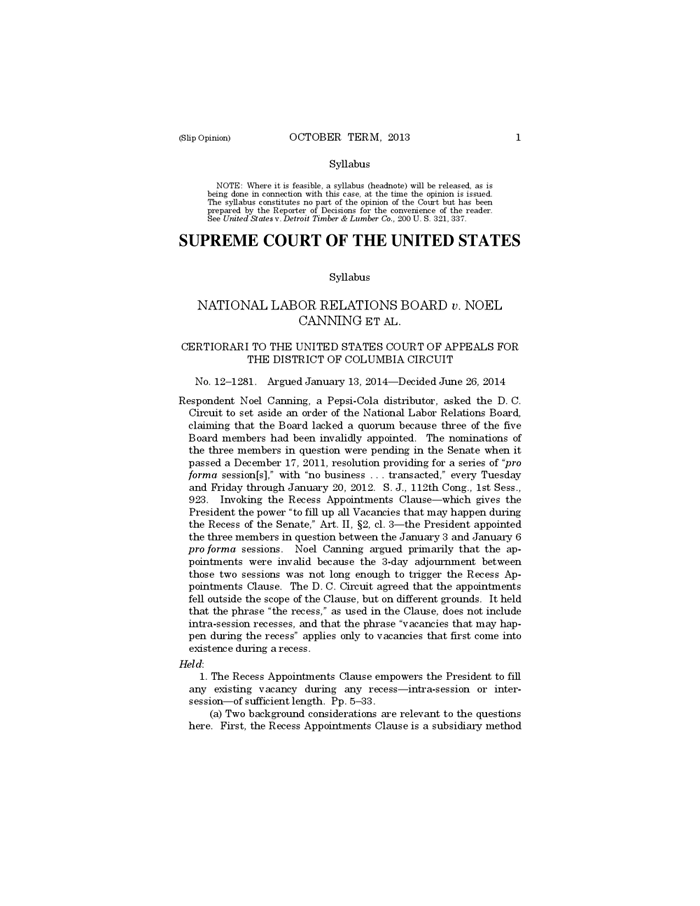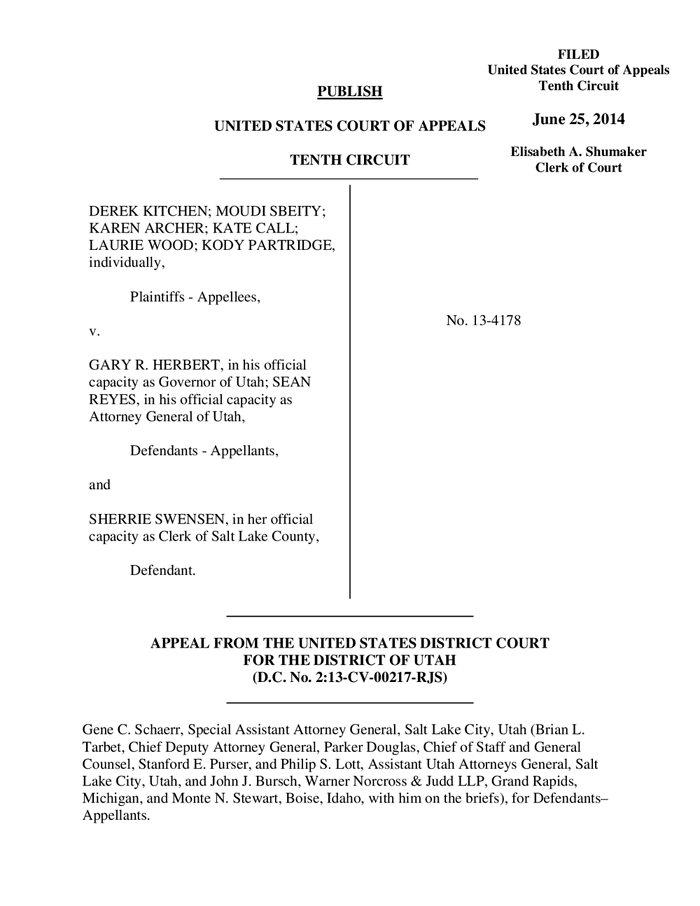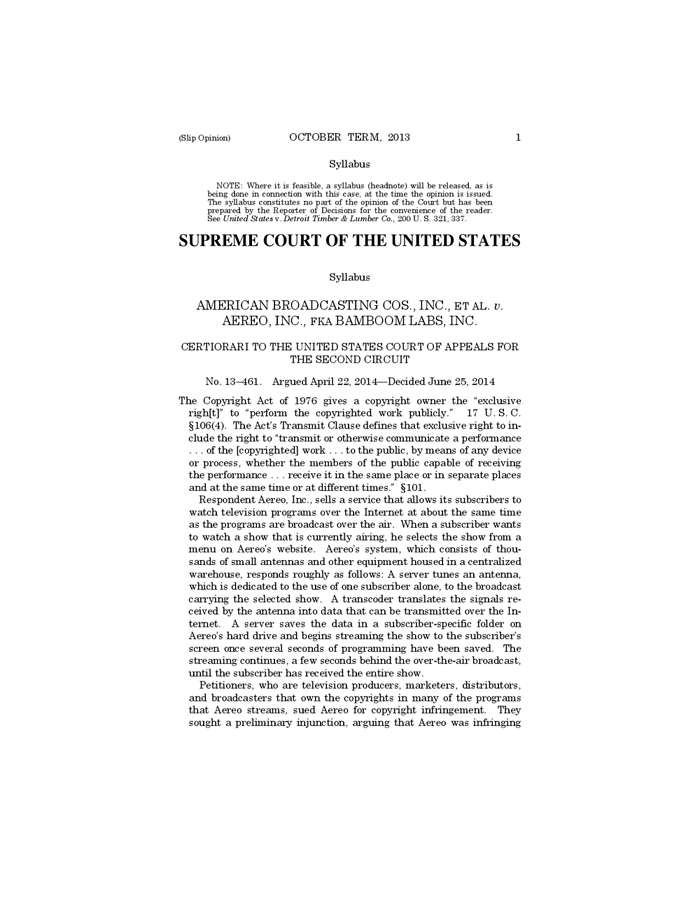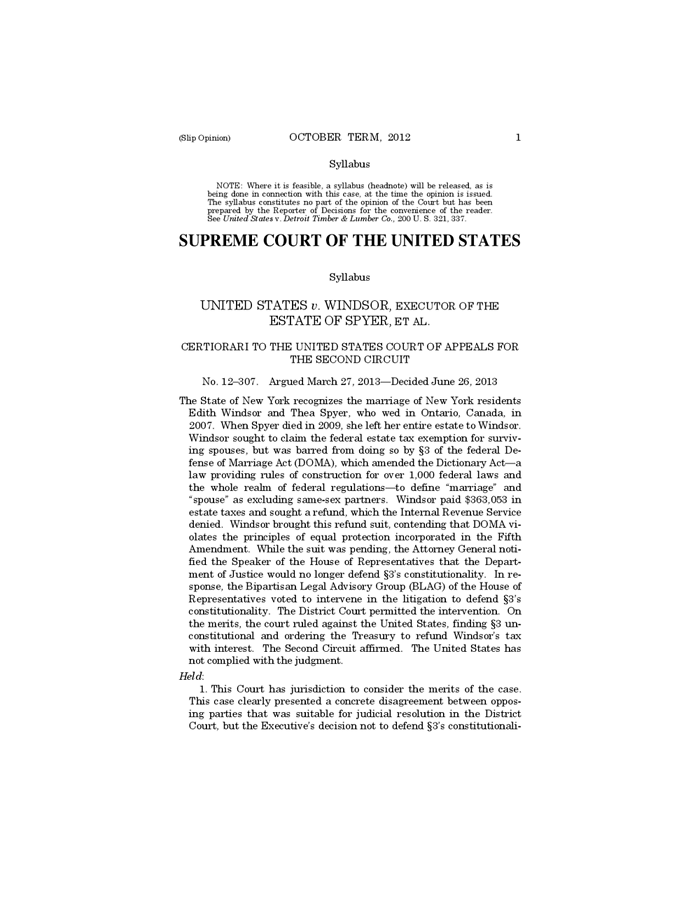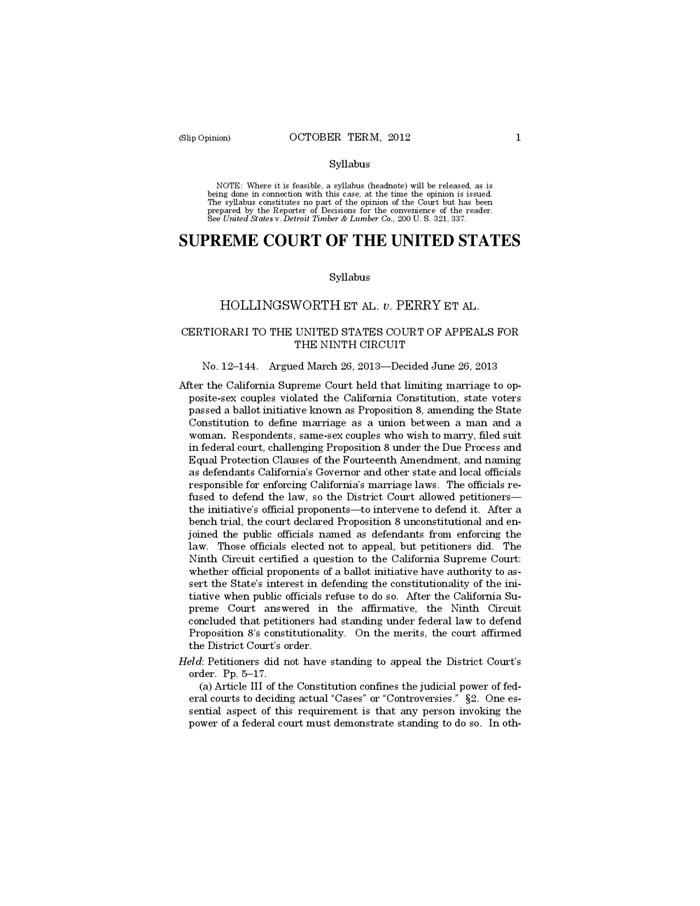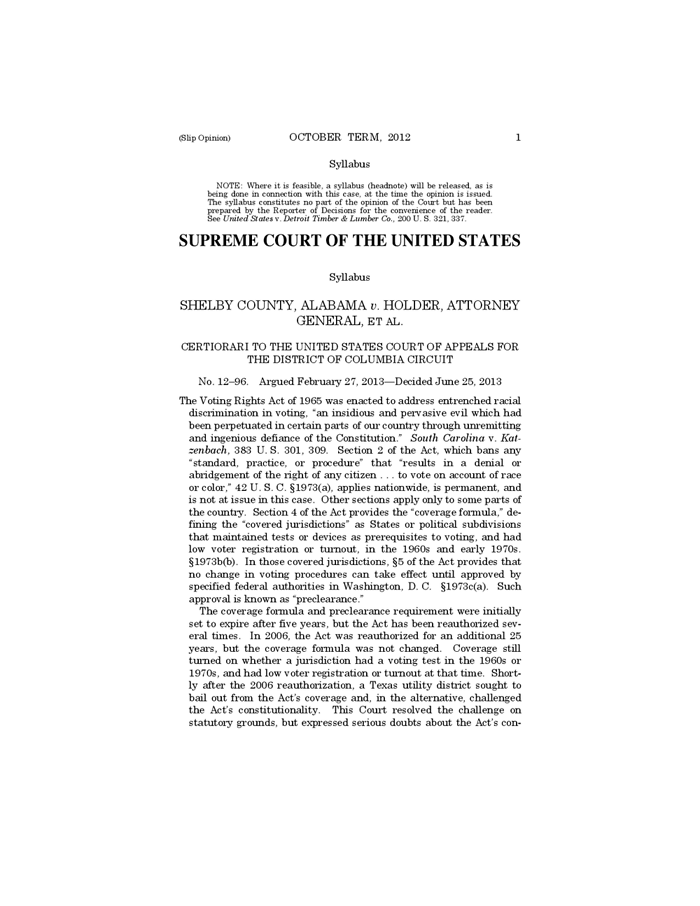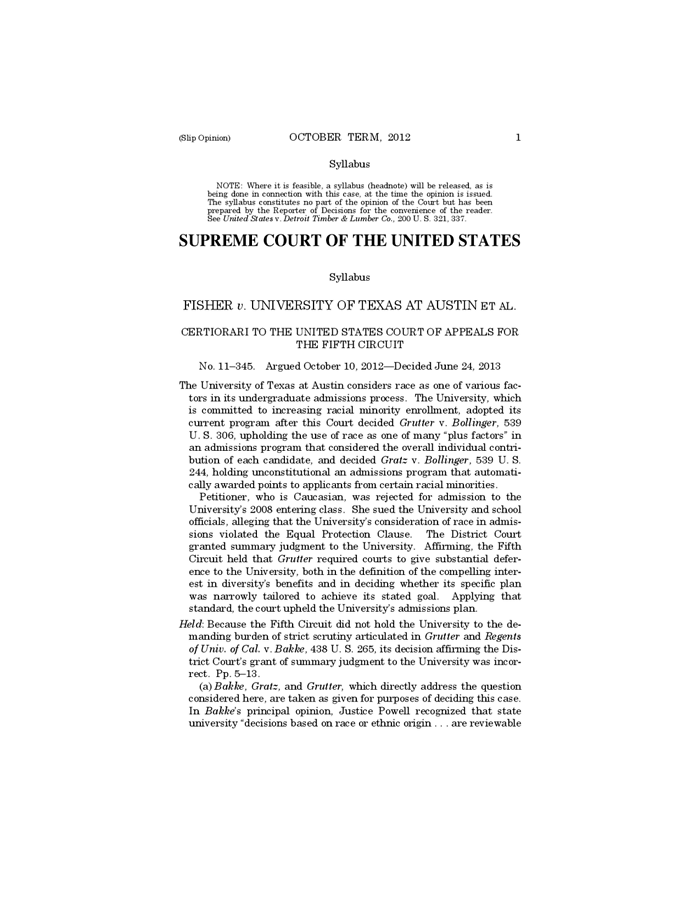Supreme Court decisions
The justices issued a landmark decision on gay marriage rights and also cleared the way for same-sex marriages to resume in California, where state and federal judges and the state’s top officials have said they support gay marriage as a matter of equal rights.
The court issued other key decisions, including striking down a key part of the 1965 Voting Rights Act and a more nuanced ruling on the role of affirmative action in college admissions.
FULL COVERAGE: Battle over gay marriage
|
In a major 5-4 ruling on religious freedom, the justices decided the religious rights of company owners trump the rights of female employees to receive the full contraceptive coverage promised by the law. |
|
In a 5-4 ruling written Justice Samuel A. Alito Jr., the court said these employees, some of whom care for their disabled children at home, have a constitutional right not to support a union they oppose. |
|
The Supreme Court has rejected Massachusetts’ effort to enforce a 35-foot buffer zone around abortion clinics. The narrowly written 9-0 decision is a free-speech victory for opponents of abortion. It upholds the rights of “sidewalk counselors” who wish to speak to young pregnant women to persuade them against having an abortion. |
|
The justices rule the president exceeded his power under the Constitution by filling federal positions when the Senate was on a brief break. |
|
The Denver-based U.S. 10th Circuit Court of Appeals upheld a lower-court decision that struck down the state’s bans on same-sex marriage. The ruling, which was stayed, sets the stage for an appeal to the U.S. Supreme Court, which touched off the current round of legal fighting on the issue when it struck down parts of the federal Defense of Marriage Act last year. |
|
The Supreme Court has ruled that Aereo, the upstart television streaming service, violated copyright laws by resending broadcast signals without paying licensing fees. In a 6-3 decision, justices said the law forbids unlicensed companies to “transmit” copyrighted shows to the viewing public. Aereo argued, unsuccessfully, that it was transmitting signals to individual customers through the use of tiny rented antennas. |
|
In a 5-4 decision, the Supreme Court of the United States has struck down the Defense of Marriage Act, a 1996 law that banned federal benefits from legally married gay couples. Read the decision: |
|
Today the U.S. Supreme Court cleared the way for same-sex marriages to resume in California as the justices, in a procedural ruling, turned away the defenders of Proposition 8. Chief Justice John Roberts, speaking for the 5-4 majority, said the private sponsors of Prop. 8 did not have legal standing to appeal after the ballot measure was struck down by a federal judge in San Francisco. As the day proceeds, ... |
|
The Supreme Court today struck down a key part of the Voting Rights Act of 1965 that kept voting rules in much of the South under the special scrutiny of judges and the U.S. Justice Department. The court said these special restrictions are outdated and no longer needed now that blacks register and vote at the same rate as whites. |
|
The Supreme Court has said that universities need more proof of the need for diversity before they undertake an affirmative action plan. By a 7-1 vote, with one justice recusing herself, the court sent a case about the University of Texas’ admissions policy back to a federal appeals court for review, giving the school another chance to justify its affirmative action program. Here’s the court’s decision: |
